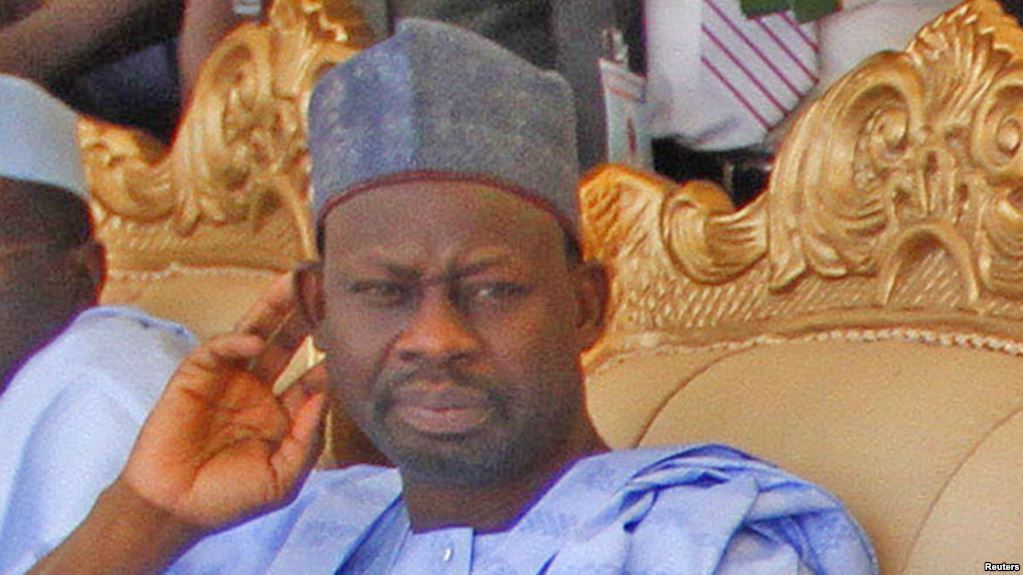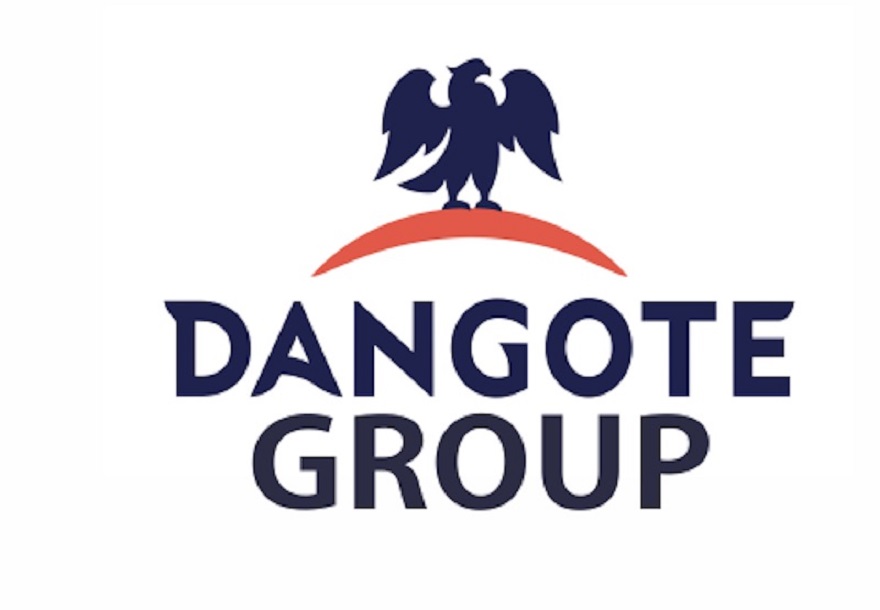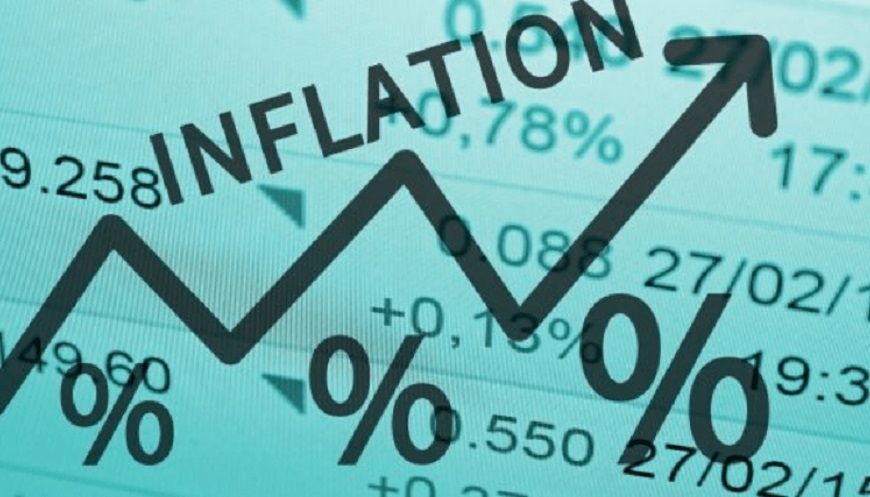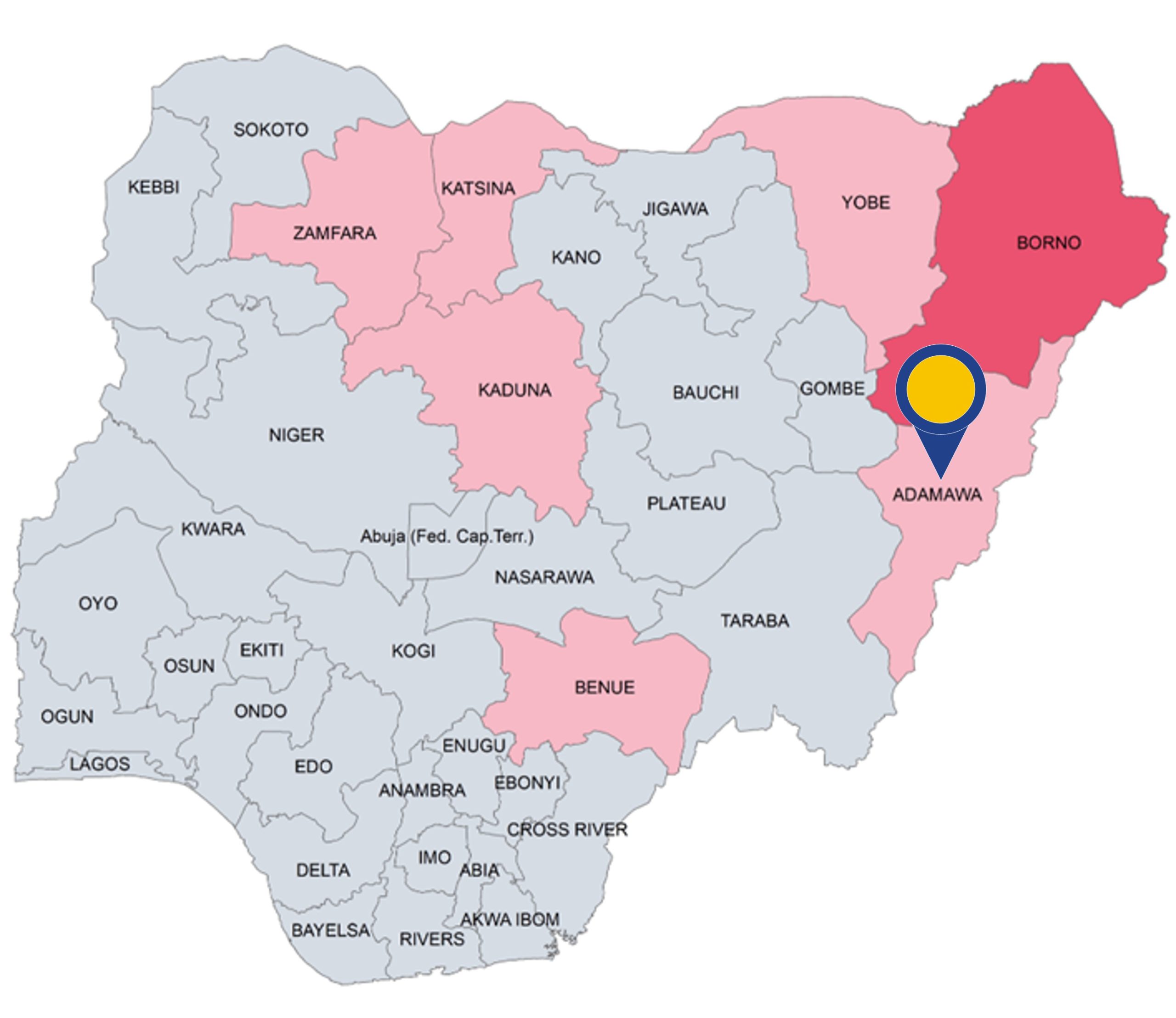Feature/OPED
Hassan Dankwambo: A Sure Bet for Another PDP Presidency

By Edwin Emeka Aboh
In less than six months’ time, active political gymnastics would start across the country in preparation for the 2019 general elections.
I am talking about party primaries which are one way of pruning down the number of aspirants who have declared interest to run for various elective posts within some political parties.
The Peoples Democratic Party (PDP) and the All Progressives Congress (APC) are the two main parties to look out for because the choice of who gets their tickets for elective positions later in the year especially their presidential candidates would go a long way in determining the strength of supports they would enjoy during next year’s general elections.
From the unfolding political realities, it is most certain that President Muhammadu Buhari is going to pick the presidential ticket of the ruling APC, but that of the main opposition party, the PDP, is still in limbo because they have eminently qualified aspirants interested in the party’s ticket and are waiting in the wing for electoral guidelines by the Independent National Electoral Commission (INEC).
Some of the aspirants include; the former Vice President, Alhaji Atiku Abubakar; the former Governor of Jigawa State, Alhaji Sule Lamido; the former Governor of Kano State, Mallam Ibrahim Shekarau; the Governor of Ekiti State, Mr Ayo Fayose; and the performing Governor of Gombe State, Alhaji (Dr) Ibrahim Hassan Dankwambo.
Others may throw their hats in to the presidential ring, but are still watching events with keen interest.
Of these aspirants, it is only Governor Hassan Dankwambo that can lead the PDP back to the Presidential Villa after the February 16 presidential race.
Without being sycophantic, I want to say that all the political odds favours Dr Dankwambo because he is the only aspirant that can give the PDP a relax mind from any arrest or trumped-up charge during the campaigns because he is still a serving Governor with immunity from arrest and prosecution.
Outside the fact that he enjoys immunity from harassment and intimidation, his giant strides in Gombe State would also speak for him during nationwide campaigns.
Though Alhaji Atiku Abubakar is from the same Northeast region with Dr Dankwambo; a region that have suffered disturbing political neglect since independence. In fact, since the late Prime Minister, Alhaji Abubakar Tafawa Balewa was assassinated, no person from the zone had being elected President of Nigeria either in democracy or in military. But with Governor Dankwambo coming from the zone, his age would serve as great advantage as he will only turn 56 years on April 4 this year.
Dr Dankwambo being an erudite Economist himself knows how to revamp our national economy and give it a quick fix from the current recession slowing down every sector in the country.
Besides studying Economics at the Msc level, Dr Dankwambo also has the needed practical skills and experience required to ‘quick-fix’ the economy as a former senior banker with the Central Bank of Nigeria between 1988 and 1999.
His practical knowledge of the nation’s accounting system as former Accountant-General of Gombe State as well as the Accountant-General of the Federation will put more money on government accounts which would be used for the country’s development.
Dr Dankwambo had been a loyal and committed party man who did not abandon the party during its turbulent times but silently worked for the reinvention of the PDP back to national reckoning.
Despite being a Governor of the north eastern state of Gombe; a region ravaged by the activities of the dreaded Boko Haram, Dr Dankwambo still used good governance and democracy dividends to wrestle the state from the violent activities of the sect.
When the Buhari Tsunami wrecked havoc in the entire northern region in 2015, both Sule Lamido and Ibrahim Shekarau fell victims and lost their states to the APC, but Dr Dankwambo tactically resisted the Buhari Tsunami by getting himself re-elected as PDP Governor. This is a great feat achieved considering what transpired during the election.
Another factor that will work for Dr Dankwambo is the fact that he a scandal-free aspirant compared to other contestants. For Instance, Sule Lamido has case with the Economic and Financial Crimes Commission (EFCC) while Ibrahim Shekarau has similar baggage because of Dasuki-gate.
Alhaji Atiku Abubakar has some perception challenges because at the mention of his name, everyone already knows the reaction to get from the people, but Dr Dankwambo is a clean aspirant without any issue with any of the anti-graft agencies in the country.
Also, his easy-going stature is an added advantage which he will turn in to great asset for the PDP during polls.
Though Governor Ayo Fayose has declared his intention to run for election under the PDP, but he is technically out of the race already because the PDP has zoned it presidential ticket to the north thereby making Fayose’s aspiration a dead one.
Former Governor Sule Lamido will be turning 70 this August and would not have the strength and the agility required to embark on vigorous campaigns for the party. Apart from EFCC case, his age will not make him a darling of the youths who wants to change the fortunes of their country. Some of them are already complaining that he does not pick calls neither does he responds to text messages nor grant favour.
Another factor working against him is the fact that he is from the Northwest region; a zone that have produced many civilian and military presidents for the country.
Similar thing can be said of Ibrahim Shekarau who is also from the Northwest region, a geo-political zone that produced the incumbent President Muhammadu Buhari of the ruling APC.
Former Vice President Atiku Abubakar has the required war-chest, Nigerians already have fixed mindset about him. Though he has been trying to endear himself to the youths, but his candidacy may chase the youths away because they are fed-up with septuagenarians.
Therefore, judging by all standards, Dr Dankwambo is the credible and stainless alternative left for the PDP ahead of the February 16 Presidential race.
If Dr Dankwambo could achieve that feat of stopping Buhari tsunami in Gombe State for PDP when President Buhari was seen as a messiah in the north, he will surpass it now that Buhari has become Baba-Go-Slow.
Therefore, Dr Ibrahim Hassan Dankwambo is a sure bet for another PDP Presidency come 2019.
Chief Edwin Emeka Aboh is an award-winning Columnist and Author. He writes from Anambra State.
Feature/OPED
Dangote’s Goodies Bag: Fuelling Joy and Fairness Across Nigeria

By Abiodun Alade
Just when Nigerians thought their wallets were running on fumes, Aliko Dangote comes to the rescue with a festive fuel price cut that’s like a vital breath of fresh air.
In a move as timely as it is generous, Dangote Petroleum Refinery slashed the ex-depot price of petrol from N970 to N899 per litre. This reduction followed an earlier cut barely a month ago when the price dropped from N990 to N970 per litre.
But wait, there’s more! Dangote, in partnership with MRS Oil Nigeria Plc, is also offering petrol at N935 per litre across all MRS filling stations nationwide, providing relief that extends from Lagos to Maiduguri, from Sokoto to Port Harcourt. From Okpella to Kano, Numan to Arochukwu, the ripple effect of this price drop will be felt nationwide. This marks a major shift in Nigeria’s fuel pricing landscape, addressing the long-standing issue of price disparities across states.
This price reduction could be the best holiday gift Nigerians have ever seen coming. As the holiday season begins, families across the country are packing their bags and heading to their hometowns to celebrate with loved ones. And with the ever-volatile price of petrol, travel costs can quickly spiral out of control. Enter Dangote’s timely intervention: a cut that ensures every Nigerian, from the bustling streets of Abuja to the far corners of rural Nigeria, enjoys a fair price at the pump.
Before this reduction, many Nigerians were forced to pay wildly different prices for petrol depending on where they lived. In some states, petrol prices were as high as double the national average, leaving citizens in remote areas to foot the bill for a situation beyond their control. Dangote’s partnership with MRS filling stations levels the playing field, ensuring that every Nigerian has access to affordable fuel, regardless of their geographical location.
The reduction in petrol prices is not just about saving money at the pump. It is about boosting productivity, reducing business costs, and, ultimately, helping to revive the economy. When fuel costs go down, it impacts everything from the delivery of goods to the pricing of services. Transporters, farmers, and small businesses all stand to benefit from this reduction, which could lead to lower overhead costs and increased economic activity. Think of it as a booster shot for the nation’s economic health – small steps like this have the potential to trigger long-term, positive change.
For Nigerians already struggling with inflation, this price cut is like a breath of fresh air. It means less money spent on travel, fewer expenses on goods, and more Naira left in people’s pockets for the things that really matter, like celebrating the season with family and friends.
Dangote’s latest move is more than just a testament to his business acumen; it is a clear demonstration of his support for the Nigerian government’s economic revival efforts. In a time when the government is working to stabilise the economy, lower inflation, and revitalise the nation’s industries, Dangote’s partnership with MRS filling stations is a welcome show of solidarity and appreciation to President Bola Ahmed Tinubu for the positive impact of the naira-for-crude swap deal on the Nigerian economy.
It is a pleasant example of how private enterprise can play a pivotal role to help government achieve its economic targets. This move could inspire other businesses to follow suit, showing that a little less profit can sometimes mean a lot more goodwill.
Dangote’s bold step may just ignite a chain reaction of corporate responsibility that could push Nigeria closer to economic recovery. Taking a cue from Dangote’s generosity, the Nigerian National Petroleum Company Limited (NNPCL) is reported to have reduced its ex-depot price of Premium Motor Spirit (PMS) from N1,020 to N899 per litre.
In the grand scheme of things, this is a classic case of “when you reduce the price of petrol, you fuel the economy.” It’s the kind of win-win situation that Dangote, with his sharp business acumen, knows well. As Nigeria faces challenges, Dangote is showing that sometimes, the best way to overcome them is through thoughtful, impactful actions – like lowering prices to give people more breathing room.
It is just another chapter in Aliko Dangote’s long-running story of giving back to Nigeria. Aliko Dangote isn’t just about cement, sugar, and salt – he is about making a tangible difference in the lives of everyday Nigerians, in line with the vision of his conglomerate. His philanthropic efforts, through the Aliko Dangote Foundation, have seen him tackle issues ranging from education to healthcare, and from water sanitation to job creation.
Whether it is building hospitals to improve healthcare access or offering scholarships to empower the next generation, Dangote’s fingerprints are all over projects that uplift Nigeria and her numerous citizens. He’s a businessman with a heart the size of his empire, consistently proving that his wealth isn’t just for personal gain – it is a tool for national and continental progress.
And let us not forget Dangote’s contribution to Africa’s infrastructure. His huge investments in refineries, petrochemical plants, and cement production not only boost Nigeria’s economy but help the entire continent. His commitment to reducing Africa’s dependence on imports is part of his larger vision: to create a more self-sufficient, prosperous Africa.
With the recent price reductions and the consistent nationwide distribution, Dangote is doing more than just easing the financial burden of fuel costs – he’s helping create a more equitable Nigeria. By tackling the disparity in fuel prices, he’s making sure that no Nigerian gets left behind. It’s a level of corporate social responsibility that is as rare as it is commendable, proving that when one man takes bold steps for the collective good, the whole country can benefit.
So, as Nigerians gear up for the holiday season, they can rest easy knowing that Dangote’s festive fuel gift is more than just a price reduction – it is a statement. A statement that fairness matters. A statement that Nigerians, regardless of their state or circumstance, deserve a shot at a better life. A bold statement of confidence in the government’s plans to revamp the economy. And perhaps most importantly, a statement that Dangote, with his sprawling empire and mighty heart, is committed to making sure that every Nigerian gets a little piece of holiday joy – one fair-priced litre at a time.
The reduction in fuel prices is a gift that extends beyond the festive season – it is an act that will continue to ripple through the economy long after the yuletide decorations are brought down. And who knows – maybe next year, he may jolly well surprise us again with even more goodwill. After all, when you are as generous as Dangote, the gifts just keep on coming! What a gesture of goodwill!
Abiodun writes from Lagos
Feature/OPED
Achieving 15% Inflation and Economic Diversification in 2025

By Kenechukwu Aguolu
President Bola Ahmed Tinubu GCFR, presented the Proposed 2025 Budget of Restoration, titled “Securing Peace, Rebuilding Prosperity,” to a joint session of the National Assembly on Wednesday, December 18, 2024. as required by the Nigerian Constitution. As expected. there have been divergent opinions about the appropriation bill with many referring to it as overambitious. While the budget is achievable, the projected reduction in Inflation is quite ambitious and may not be realized. More emphasis should have been placed on economic diversification.
The objective of reducing inflation to 15% which is a 59% decrease in a single year is particularly challenging. The increase in the value of the Naira, increased food production, and proper monetary/fiscal policies will surely drop inflation. However, achieving such a steep decline will not be feasible unless the value of the naira rises significantly; beyond what was projected in the appropriation bill.
Apart from agriculture, other sectors like tourism and mining can drive economic growth and resilience. Developing the Mining sector offers significant revenue-generation opportunities and will also lead to the establishment of more industries in Nigeria in a bid to take advantage of nearness to raw materials. The United Arab Emirates, France, Spain, etc, make massive revenue from tourism. Therefore, the Government should have demonstrated a greater economic diversification drive in the budget. Insecurity has hindered the development of mining and tourism in Nigeria.
Stabilizing the exchange rate at N1,500/US$ will require amongst other things; increased foreign exchange inflows through foreign portfolio/direct investments, improved balance of trade, increased domestic oil production and refining capacity. Policies aimed at boosting exports and reducing dependency on imports are crucial for achieving currency stability and strengthening the naira.
Addressing insecurity remains fundamental to achieving the budget’s objectives. Insecurity continues to undermine agricultural productivity, deter investment, and disrupt infrastructure projects. A peaceful and stable environment is essential for economic growth and the creation of opportunities for citizens.
The administration’s allocation of N4.91 trillion to defence and security underscores its acknowledgement of this challenge. However, addressing insecurity will require a comprehensive approach that combines military interventions with community engagement and socio-economic initiatives.
The 2025 Appropriation Bill, which has scaled second reading at the National Assembly, outlines an ambitious vision for Nigeria’s development. Critical to its success are inflation reduction, economic diversification, exchange rate stability, and improved security. The Government may wish to revisit the inflation projection and economic diversification drive. The National Assembly is expected to make adjustments to the bill during its review before passing it.
Feature/OPED
The Return of the Dispersed Ones

By Kingsley Omose
Across Europe and North America, anti-immigrant sentiments are simmering and in some countries have broken out openly, resulting in leadership changes that are of seismic global proportions.
Following the global economic crises that attended the COVID-19 lockdown in 2020, the cost of living crises afflicted citizens and residents (legal and illegal) alike in countries that for decades had celebrated ultra-low interest rates and the piling on of credits that afforded individuals and companies.
Rather than provide the needed leadership and policies to address the challenges presented by the cost of living crises that were the direct effect of rising interest rates, far-right politicians in Europe and North America conveniently blamed this on migrant populations.
Far-right politicians are now gaining ground in the UK, France and Germany, the three biggest economies on the European continent, and while mass deportations are yet to feature openly in public discourse, policies are already being implemented in these countries that indicate what lies ahead.
In the United States on the other hand, a far-right politician will be sworn in on January 20, 2025, who was elected with the understanding that the over 12 million illegal immigrants in the country will be subjected to mass deportations from day one when he is sworn in as the US President.
The bulk of these over 12 million illegal immigrants are from Latin American countries that border the US but a good number of them also come from Sub-Saharan Africa especially Nigeria where economic hardship has driven many young people into voluntary exile.
Only time will tell whether these anti-immigrant policies being pursued by these far-right politicians will address the economic woes in their respective countries but what is clear is that the floodgates are about to burst open in the US and much later in Europe and the UK to expel illegal immigrants.
On the surface, these anti-immigrant policies appear to be targeted towards addressing economic issues, but the underlying issues appear to have racist colouration, meaning that even legal immigrants can not yet shout Uhuru.
The goal here is for subsaharan African countries especially Nigeria to begin to put in place policies and measures to allow for these returning immigrants to reintegrate back into their respective home countries as many of them will be returning with much-needed skills, capacities and resources.
The first recommendation is for the Nigerian authorities to improve the speedy issuance of temporary travel documents to Nigerians in the US, preferably online, without charging any fees. Also, Nigerians arriving in the country from the US without a Nigerian passport should be allowed entry.
Many of these returning Nigerians from the US have grown-up children who are American citizens and may want to accompany their parents or come to visit them afterwards. As long as these US citizens have passports that carry Nigerian names, they should be issued with visas on arrival at no extra cost.
The second recommendation is that officials of the Nigerian Diaspora Commission should also create an online portal to allow these returnee Nigerians to register their particulars and job experiences and skills including entrepreneurial capacities prior to arriving in Nigeria or soon after arriving to facilitate their reintegration.
A help desk should also be set up at the Nigerian Diaspora Commission to help these returnee Nigerians navigate their way through the basic steps of obtaining ID cards, NIN, Drivers Licenses, opening bank accounts, obtaining SIM cards, and such other documentation needed to hit the ground running.
The third recommendation is that some of these returnee Nigerians may require temporary accommodation until they can reconnect with family members, friends, and loved ones. Again, this falls within the scope of the Nigerian Diaspora Commission to provide temporary accommodation in much-needed cases.
The fourth recommendation is for the federal and state governments to improve the power supply, and the general security situation will go a long way towards enhancing the productivity of these returnee Nigerians. No one wants a spike in the kidnapping of returnee Nigerians to avoid the double jeopardy that entails.
The final recommendation is for the family members of these returnee Nigerians who have for decades been beneficiaries of remittances sent by their relatives in the Diaspora. A lot of understanding and support will be required to reposition these returnees. Nigerians and family members will be required to make sacrifices in this regard.
Rather than focus on the negative consequences of anti-immigrant sentiments and policies in the US and Europe, and the likely return to Nigeria of undocumented citizens based in the US, vast opportunities await these Nigerians and Nigeria as it begins to harness the immense value in return for its dispersed ones.
-

 Feature/OPED5 years ago
Feature/OPED5 years agoDavos was Different this year
-
Travel/Tourism8 years ago
Lagos Seals Western Lodge Hotel In Ikorodu
-

 Showbiz2 years ago
Showbiz2 years agoEstranged Lover Releases Videos of Empress Njamah Bathing
-

 Banking7 years ago
Banking7 years agoSort Codes of GTBank Branches in Nigeria
-

 Economy2 years ago
Economy2 years agoSubsidy Removal: CNG at N130 Per Litre Cheaper Than Petrol—IPMAN
-

 Banking2 years ago
Banking2 years agoFirst Bank Announces Planned Downtime
-

 Sports2 years ago
Sports2 years agoHighest Paid Nigerian Footballer – How Much Do Nigerian Footballers Earn
-

 Technology4 years ago
Technology4 years agoHow To Link Your MTN, Airtel, Glo, 9mobile Lines to NIN

















